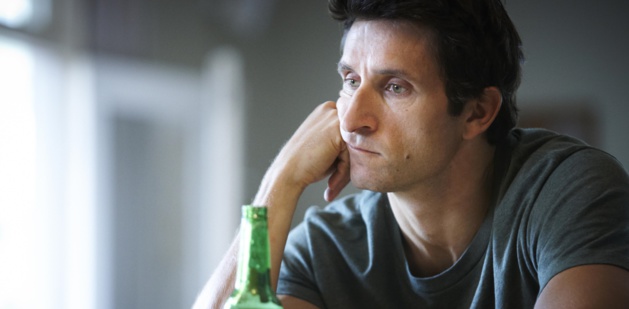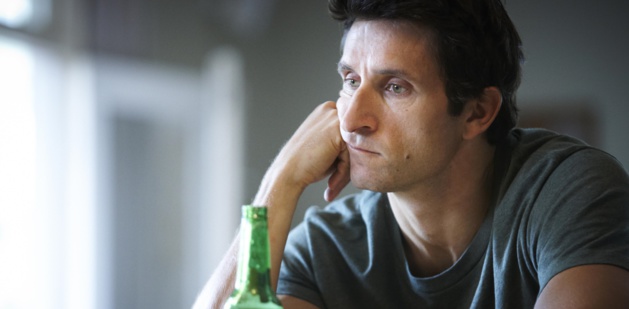
Crédit ABC1
At a barbecue with friends, an unruly child receives a slap. The problem is that he was not slapped by either of his parents. They protest against what they perceive as corporal punishment and decide to settle it in court. Those present at the barbecue will then forge a point of view, as will the viewer, and the slap will gradually divide and sow doubt within the group. This is the whole purpose of the series, a personal impact in the lives of everyone. Each episode focuses on a character present at the barbecue and their lives outside of the incident; first Hector and Anouk, then Harry, Connie, Rosie, Manolis, Aisha, and finally Richie.
A slap and a question
Was Harry’s slap discipline or aggression? The opinions soon become mixed. On one hand, hitting an adult is wrong, so why hit a child? On the other hand, many would like to have slapped little Hugo at the barbecue. Soon, subplots anchored in the main plot surface. In middle class Australia, there are things like: midlife crises, unfulfilled Oedipus complexes, and a quest for identity. In an unseen fashion, the slap cause unease within the group and reveals their own insecurities. One discovers these colorful characters, but not all profit from the same light: The original series comes into implication. This is why the viewer gains such a capacity for interpretation.
This brings us to the most significant point of the debate: The slap and its presence justify a very telling title. However, the slap, from the moment it is given, poses the question of corporal punishment, which is defined as the act of physically punishing a child, and it recalls the current international debate over its legitimacy. So how should it be decided? “The Slap” is also about parents whose pasts and social environments have influenced their lifestyles. The issue of children’s education plays an important role in guiding the scenario, but it is also about educating older, particularly through a portrait of a family of Greek immigrants, which is where Hector, the organizer of the barbecue, originated. Thus, in some ways, the characters and their relationships all take the slap.
Two book adaptations
A story involving much conflict has ended up attracting the US. Like most American adaptations, they are the second to obtain the adaptation by default. In this case, the American version of “The Slap” is more authentic and adds character to a sweetened scenario. The adaptation aired in February 2015 therefore did not benefit from the success of its American counterpart. And for good reason: despite an interesting cast in which we find Melissa George, who was also in the Australian version, and Uma Thurman, the personalities represented are reduced to mere stereotypes whose messages are moving away a bit too much from the original series.
Following the release of the eighth and final episode on Saturday, July 18, we said that we would have liked to push the vice further by discovering the outcome of the story over a longer period of time and taken in the views of certain drawn out characters. But these eight episodes did more than enough to satiate the audience and tell a complete story. Far from a global drama, there is still an element of universality that the series relays. This is a slap whose mark is mitigated because it contained different perspectives that all could relate to. Ultimately, what matters seems not to be the slap in itself, but all the adventures it created, and reveals the strength of the relationships between its characters. The last words of the series are spoken by Melissa George’s character, Rosie. For her, this is an illustration of Western society, its norms and their impact on a handful of people.




























